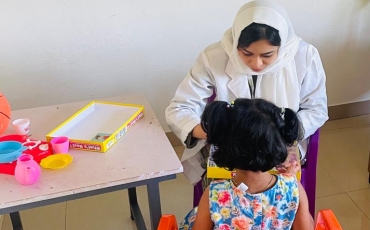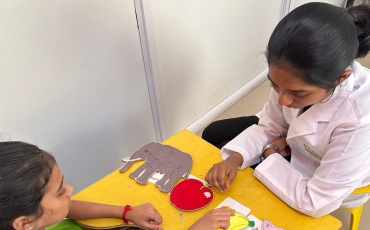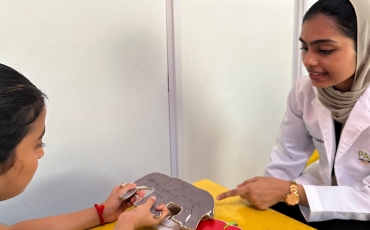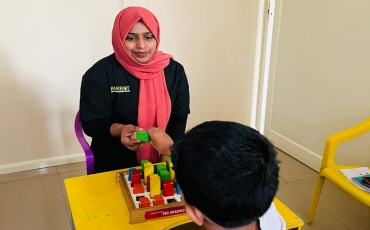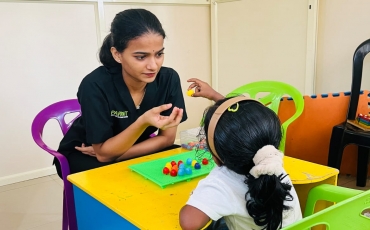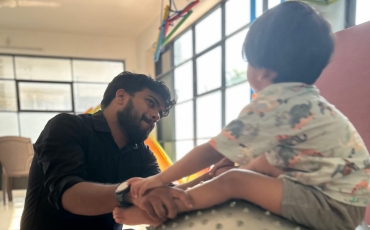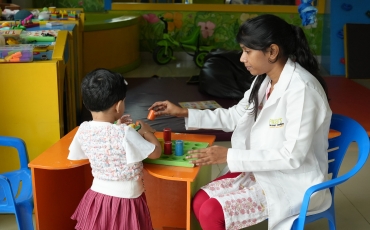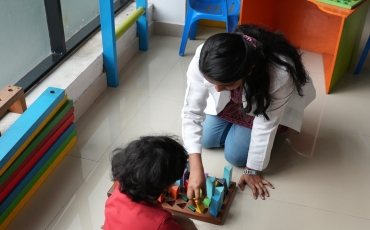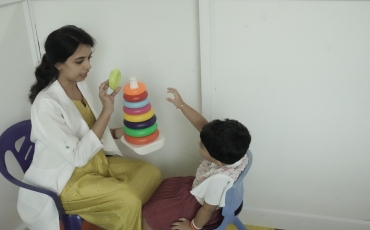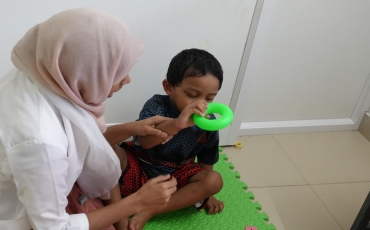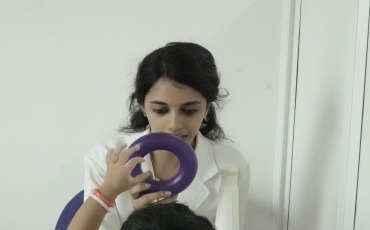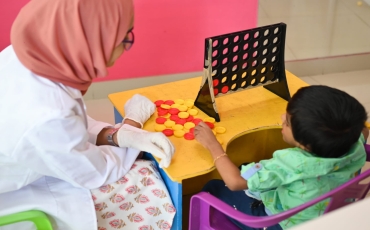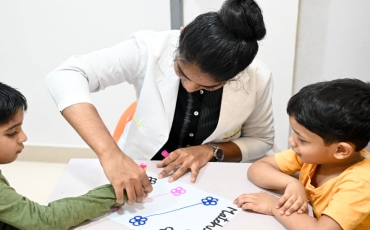Benefits Of Speech Language Therapy On Autism
Speech & language therapy offers key benefits for children on the autism spectrum. The ability to communicate effectively is possibly the most essential life skill. It’s what enables us to share and understand information. Humans communicate in multiple ways, including but not limited to vocally, visually, and through body language.
replica watches uk
fake watches
cheap fake watches
It can be scary when your child doesn’t reach expected speech and language milestones as a parent. For example, your daughter may grunt instead of using words, or your son doesn’t make eye
contact or talk at all. However, an official diagnosis of autism spectrum disorder (ASD) can often be a relief to parents because it allows them to seek appropriate treatments, such as speech therapy for children with ASD.
Children with autism often have difficulty with language and communication. For example, some children with autism may not speak at all, others speak in a monotone voice, and others struggle to interpret body language, facial expressions, other nonverbal cues, and social rules. Speech & language therapy can address many communication-related challenges and provide benefits that profoundly improve a child’s quality of life as they age, especially when it’s started early.
Speech Therapists Help with Communication Challenges
A child with autism might find both verbal and non-verbal communication difficult to comprehend. Working with an expert Speech-Language Pathologist (SLP) can help evaluate what the child current understands, what should be the next set of goals to focus on, and how to most effectively help that child learn based on his or her strengths.
The process begins with an assessment, which may include a formal standardized test or an informal assessment. The SLP will also interview the parents, review the child’s developmental history, and spend time observing the child interacting socially or playing to help determine a customized therapy.
Speech Therapy Provides Tangible Benefits
Speech-language pathologists are trained to work on skills including reading, listening, speaking, and language. Each therapy is tailored based on a child’s need, and the SLP develops learning activities for the child’s specific needs to help them develop critical communication skills.
The whole purpose of speech therapy is to help a child to improve their communication. For children with autism, this is especially important because communication is a key component in their ability to form relationships and function in their world.
Speech therapy isn’t only about words. It can help teach children with autism how
to connect words to other cues. An SLP guides the child toward growing more comfortable with eye contact and noticing the context of hand gestures. For example, a session might include practice using (or just noticing) voice inflections. Other lessons may focus on becoming more confident with two-way conversations by breaking down the details of listening, understanding, and responding.
5 Tangible Benefits of Speech Therapy
Develop the ability to express their wants and needs
Helping a child with autism express their wants and needs may be accomplished by using verbal and non-verbal communication. In addition, children with autism need to learn how to exchange ideas with others within their family and those outside the home to build relationships with their peers.
Understand what is being said to them
Speech and language therapy helps children with autism comprehend the verbal and nonverbal communication that other people use. It allows them to recognize cues like body language and facial expressions and helps them understand how to initiate communication without prompting.Communicate to develop friendships and interact with peers Some children with autism struggle spontaneity and the unpredictability of casual conversations. Some children also have very specific interests and find it hard to talk about other things. Speech and language therapy can teach them strategies for mixing with others to help them make friends, play, and experience social success.Learn to communicate in a way that other people understand Autism frequently includes distinctive learning patterns and unusual language processing. As a result, children who have autism commonly have problems developing spoken language. For example, children with autism sometimes learn spoken language in chunks without breaking it down into
individual words or sounds. For example, a child might repeat long chunks of a favorite story or TV show without really understanding what they’re saying or being able to use any of the words independently. Speech therapy helps children learn ways to overcome this pattern of behavior known as “echolalia” to develop functional speech that others can respond to appropriately.
Articulate words and sentences well
Children with autism may also struggle with the articulation of sounds and putting words into sentences. Many children with autism also have great difficulty with concepts such as time, abstract language, and vocabulary that depend on context for meaning. Idioms, hints, and indirect instructions can also be tricky for children with autism. Speech therapists are experts in fine tuning these skills.


